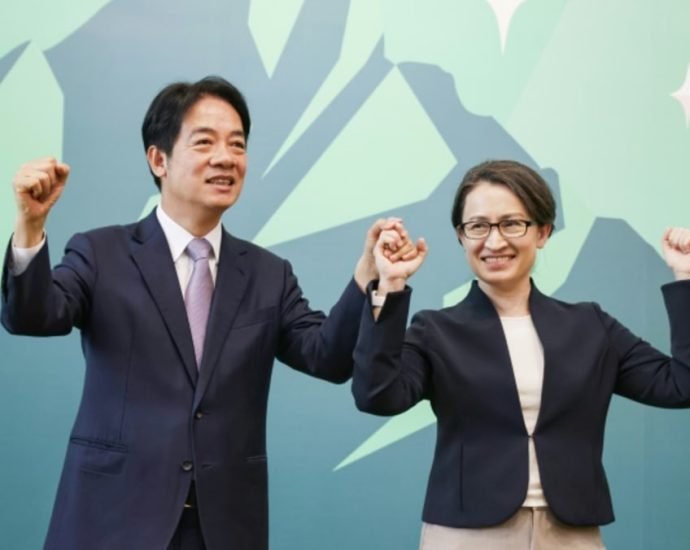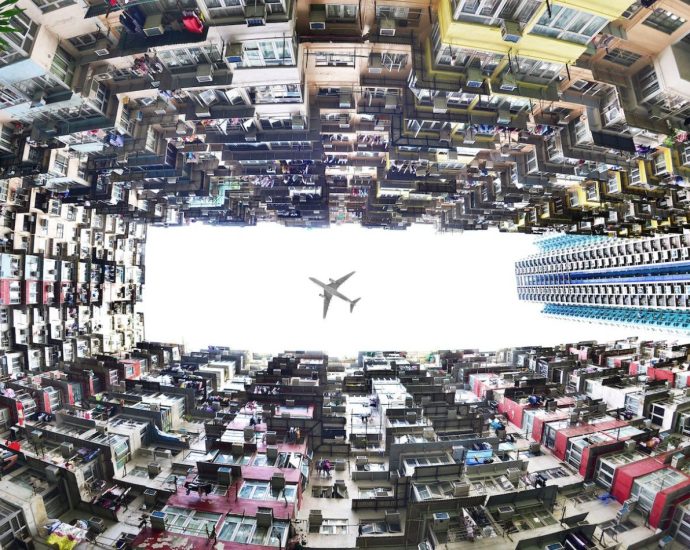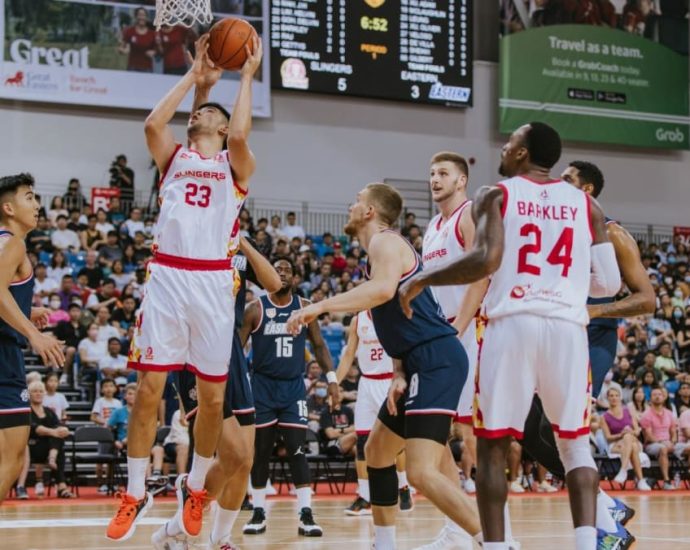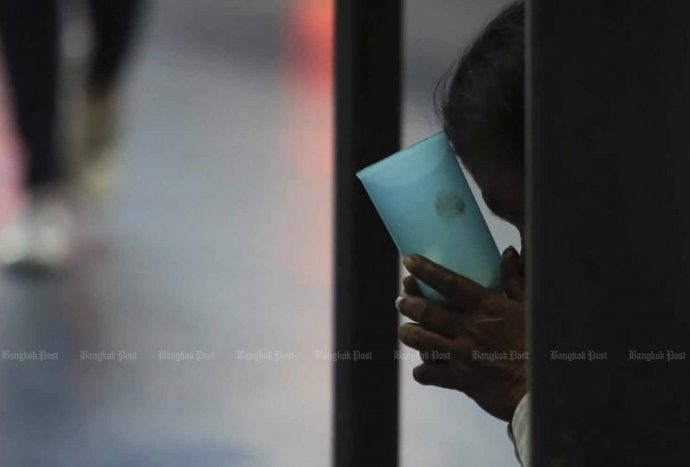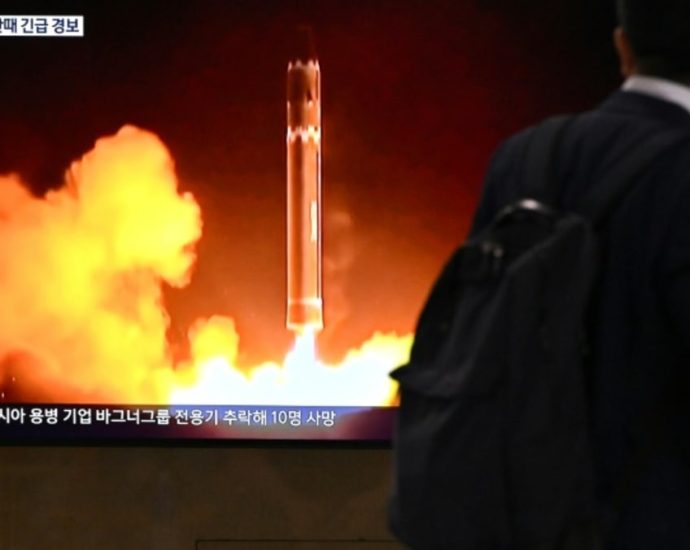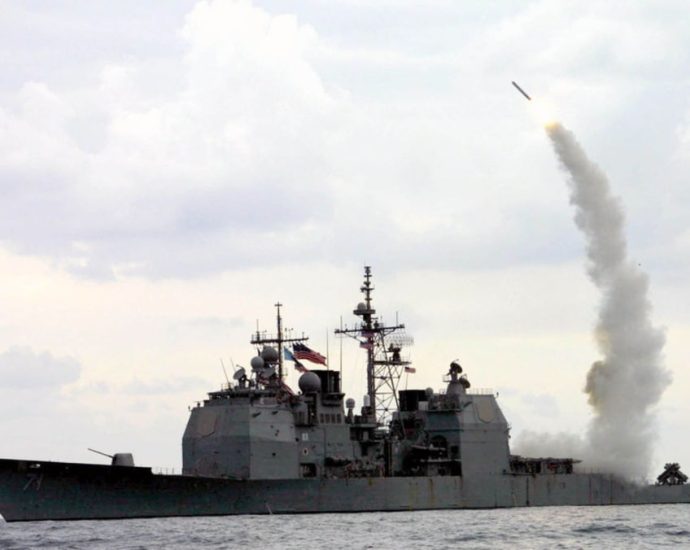Senior prison warden convicted of seeking bribes from inmate to transfer him out of maximum-security cluster
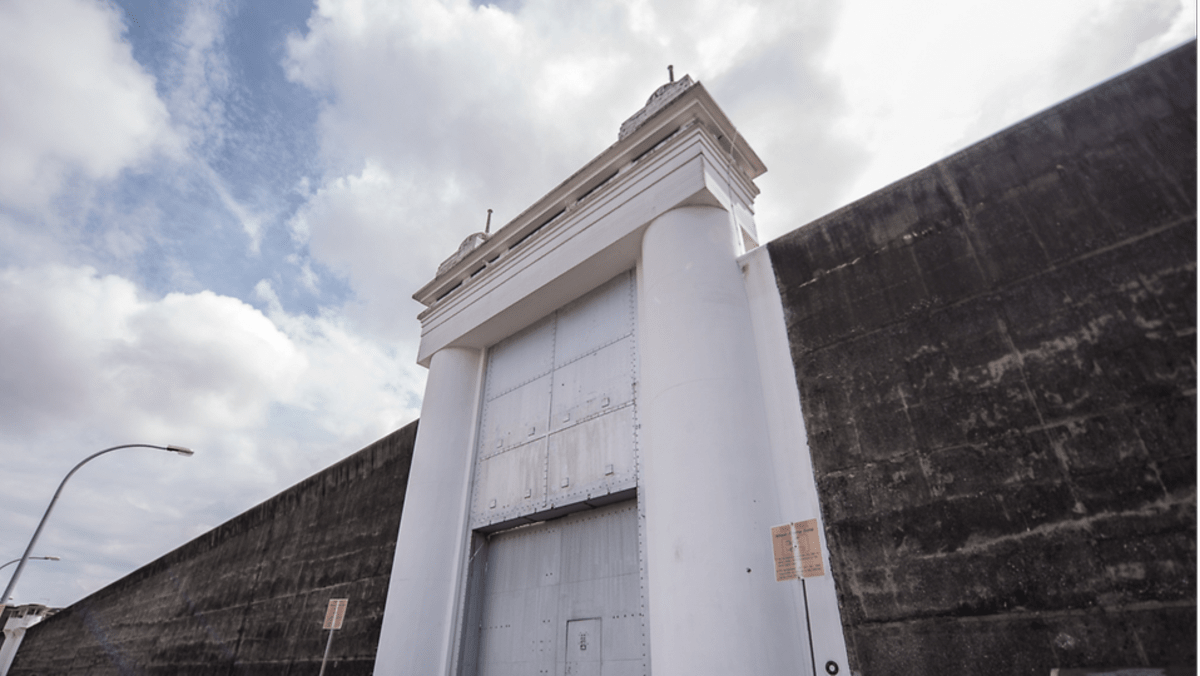
SINGAPORE: A senior prison warden was convicted on Monday (Nov 20) of seeking bribes of S$133,000 in exchange for transferring an inmate out of his prison cluster.
Kobi Krishna Ayavoo, 56, was also found guilty of instigating his colleagues to access the prison system to view the inmate’s information.
Kobi had contested 10 charges, mostly of seeking bribes from the inmate named Chong Keng Chye, but was convicted of all of them.
The prosecution had argued that Kobi sought the bribes from Chong between September 2015 and March 2016. These were for reasons including paying for car loan instalments, house renovations, a birthday celebration and credit card bills.
Chong was sentenced to 20 years’ preventive detention in 2005 for abusing his girlfriend’s son until the seven-year-old boy died.
Chong was housed in Changi Prison’s A1 cluster, a maximum-security prison for offenders who have been given lengthy sentences.
Chong testified that Kobi had promised to help him get a transfer out of A1 in return for lending or giving Kobi the cash.
Chong said he knew that Kobi did not have the capability or authority to help transfer him out of A1. However, Kobi said that he had a friend who was an intelligence officer, who could help Chong.
Kobi got a friend to see Chong, but Chong was still not transferred after a medical review in early 2016.
He rejected Kobi when Kobi asked him to get his friends or family to pass him money, and complained that he had not been transferred.
In his defence, Kobi denied asking for money from Chong on any of the eight occasions. He claimed that he spoke to Chong only during yard time, when there were always inmates within hearing distance.
Kobi alleged that Chong had lied in order to be transferred out of A1. When an allegation is made against a prison officer, either the officer or the inmate will be transferred.
CHONG’S TESTIMONY
Chong had written down details on a magazine in his cell whenever Kobi asked him for money. When he received a new magazine, he would copy over his records before discarding the old one.
In June 2016, before going to stay at Changi Medical Centre, Chong copied over his latest version of records from paper he tore from a novel in his cell.
The document included a bank number and a phone number provided to him by Kobi.
Chong explained that he decided to report Kobi using this document as he was afraid Kobi would “find trouble” for him after he returned to jail following a surgery he was to undergo, and failed to hand over the money Kobi had asked for.
A fellow inmate also testified about how Chong had told him about giving money to a prison employee in exchange for help.
This inmate said he was in Chong’s group of friends who “cliqued” together during yard recreation time.
He said he noticed Kobi pass by his cell many times every week to interact with Chong for about 10 minutes.
After Kobi was charged with seeking bribes from Chong, his employment with the Singapore Prison Service was suspended and he no longer had access to the prison’s system, which contained information about the inmates.
A colleague testified about how Kobi had called him and asked for help to obtain Chong’s inmate number, which the colleague helped obtain.
The colleague was charged for his involvement and fined.
HIS FINANCIAL WOES
Deputy Public Prosecutor Magdalene Huang said Kobi took “great pains” to pretend at trial that he had not been financially stretched.
However, documentary evidence showed that he was – bank statements stated that he finished spending his salary each month before the next month’s salary came in between August 2015 and March 2016, sometimes having a negative balance.
He also was late in his car loan repayment almost every month in 2015 and 2016 and was charged “overdue interest” fees.
There were several other documents showing Kobi had obtained bank loans.
The prosecutor said Kobi had reason to believe that Chong could give him money, as the latter gave everyone in prison the impression that he came from a very well-off family and used to tell inmates that he would give them money when they were released.
The defence alleged that Chong was lying, but the prosecution said there was a stigma in prison of being labelled a snitch.
In fact, Chong suffered the consequences of reporting Kobi – his friends and fellow gang members have distanced themselves from him in prison, said Ms Huang.
KOBI ALLEGEDLY DELAYED COURT PROCEEDINGS: PROSECUTOR
The Singapore Prison Service previously told CNA that Kobi had been suspended since July 2017.
Ms Huang said Kobi has been receiving about half his pay – S$2,000 a month – since he was suspended.
This continued until December 2022, when he reached retirement.
She said an innocent man would want to expedite proceedings so his name can be cleared quickly, but Kobi instead delayed court proceedings.
For example, he chose to undergo a non-emergency surgery days before trial was set to start in September 2018.
He was admitted to hospital for a fracture before the new trial dates in January 2019, and went for a COVID-19 swab test the day before trial dates in September 2020.
He then reported sick at the entrance of the State Courts in February 2021 and went to a private clinic, where he received a swab test that later turned out negative.
He was admitted to hospital in April 2021 over complaints of fainting and again went for another swab test claiming he had been coughing and sneezing in September 2021.
Kobi will return to court for sentencing in January.


